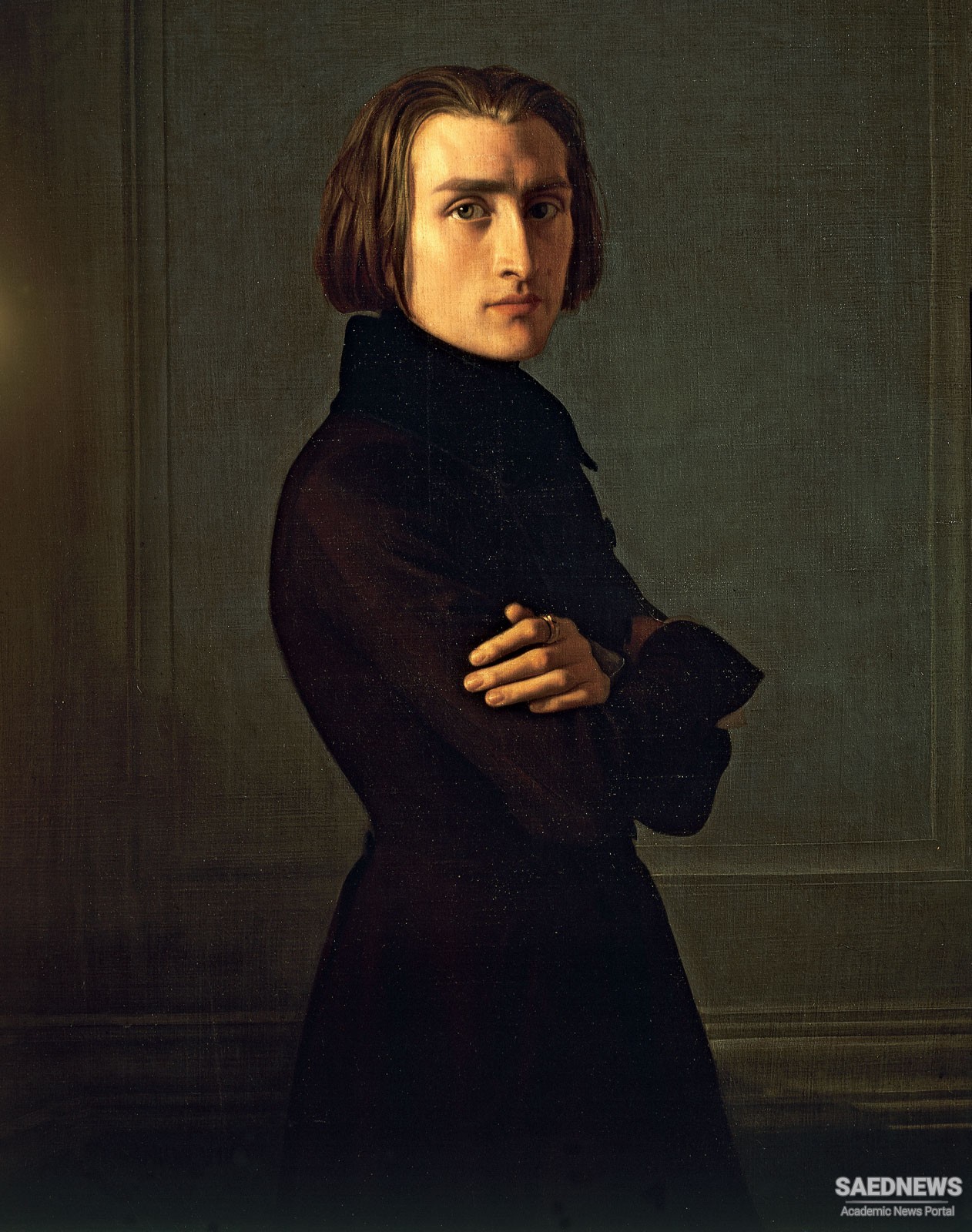Franz Liszt (b. Oct. 22, 1811, Raiding, Hung.—d. July 31, 1886, Bayreuth, Ger.); Liszt’s father, Ádám Liszt, was an official in the service of Prince Nicolas Esterházy, whose palace in Eisenstadt was frequented by many celebrated musicians. Ádám Liszt was a talented amateur musician who played the cello in the court concerts. By the time Franz was five years old he was already attracted to the piano and was soon given lessons by his father. He began to show interest in both church and Gypsy music. He developed into a religious child, also because of the influence of his father, who during his youth had spent two years in the Franciscan order.
Franz began to compose at the age of eight. When only nine he made his first public appearance as a concert pianist at Sopron and Pozsony (now Bratislava, Slovakia). His playing so impressed the local Hungarian magnates that they put up the money to pay for his musical education for the next six years. Ádám took Franz to Vienna, where he had piano lessons with Carl Czerny, a composer and pianist who had been a pupil of Ludwig van Beethoven, and studied composition with Antonio Salieri, the musical director at the Viennese court.
Liszt moved with his family to Paris in 1823, giving concerts in Germany on the way. Liszt’s Paris debut on March 7, 1824, was sensational. Other concerts quickly followed, as well as a visit to London in June. He toured England again the following year, visiting Manchester, where his New Grand Overture was performed for the first time. This piece was used as the overture to his one-act opera Don Sanche, which was performed at the Paris Opéra on Oct. 17, 1825. In 1826 he toured France and Switzerland, returning to England again in the following year. Suffering from nervous exhaustion, Liszt went with his father to Boulogne to take seabaths to improve his health; there Ádám died of typhoid fever. Liszt returned to Paris and sent for his mother to join him; she had gone back to the Austrian province of Styria during his tours.
In 1828, while living mainly as a piano teacher in Paris, Liszt fell ill and subsequently underwent a long period of depression and doubt about his career. For more than a year he did not touch the piano. During this period Liszt took an active dislike to the career of a virtuoso. He made up for his previous lack of education by reading widely, and he came into contact with many of the leading artists of the day. With the July Revolution of 1830 resulting in the coronation of Louis-Philippe, he sketched out a Revolutionary Symphony.
Between 1830 and 1832 he met three men who were to have a great influence on his artistic life. At the end of 1830 he first met Hector Berlioz and heard the first performance of his Symphonie fantastique. From Berlioz he inherited the command of the Romantic orchestra and also the diabolic quality that remained in his work thereafter. He achieved the seemingly impossible feat of transcribing Berlioz’s Symphonie fantastique for the piano in 1833. In March 1831 he heard Niccolò Paganini play for the first time. He again became interested in virtuoso technique and resolved to transfer some of Paganini’s fantastic violin effects to the piano, writing a fantasia on his La campanella. At this time he also met Frédéric Chopin, whose poetical style of music exerted a profound influence on Liszt.


 Franz Schubert the Composer Who Gave Only One Public Concert
Franz Schubert the Composer Who Gave Only One Public Concert














































